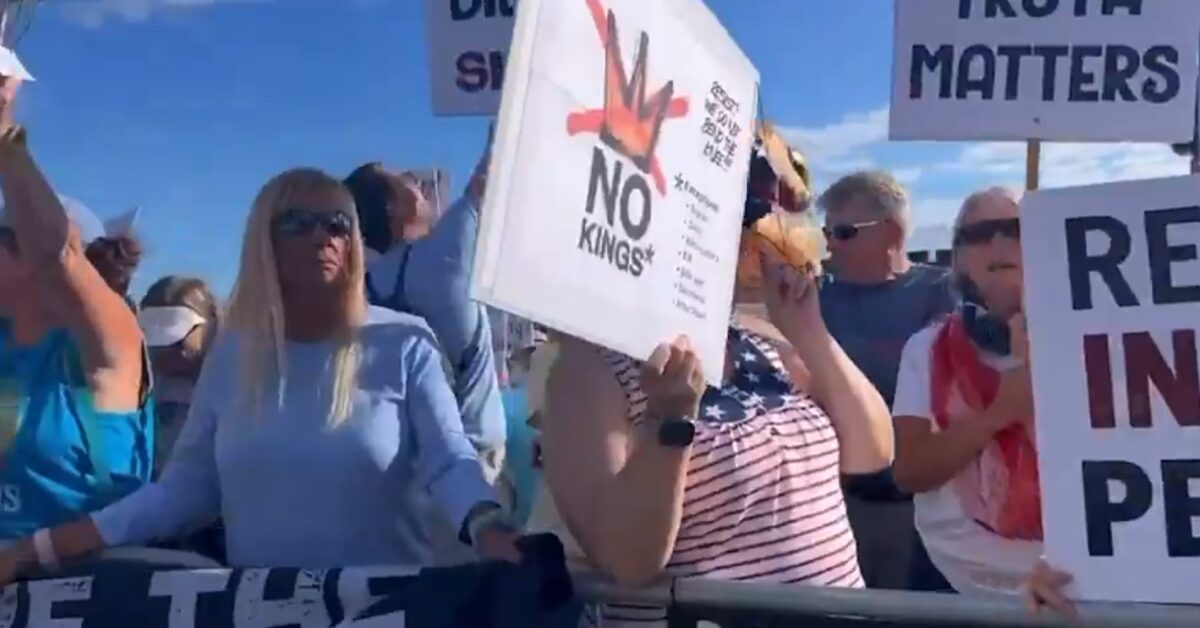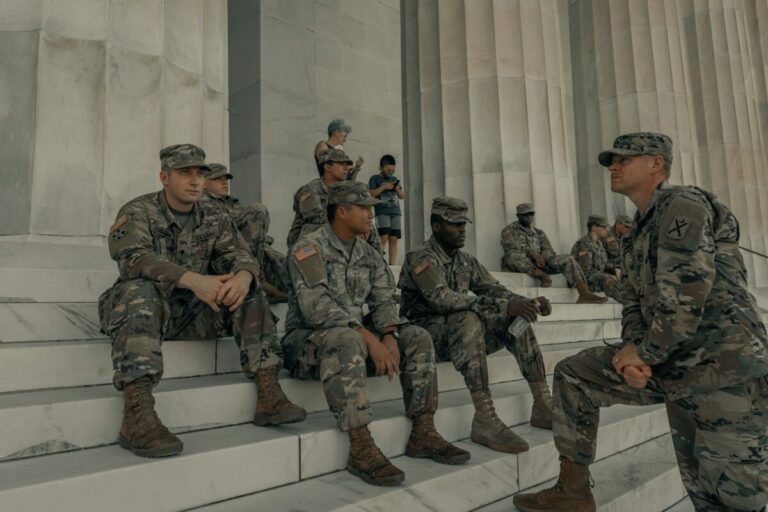Last weekend’s “No Kings” rallies, billed by organizers as a nationwide outcry against concentrated power, left a curious wrinkle that conservatives have been gleefully poking at ever since: the crowds, while sizable, appeared to be dominated by white, middle-aged women. Indivisible, the progressive group that organized the events, said there were more than 2,000 locations, stretching from Los Angeles and Boston to smaller spots like Bozeman, and even appearing in bits of Canada and Mexico. That scale got attention, but so did the demographic profile of the participants.
Enter Jonathan Alpert, a psychotherapist who told Fox News what a lot of observers were whispering with smirks. Alpert suggested a politically incorrect explanation, that many of these women are heavy consumers of mental health services, and that the rallies functioned less as effective political mobilization and more like group therapy. “40-something women are probably the biggest demographic of consumers of mental health services,” he said, adding that the protests felt like “a big venting session,” and that people “get stuff off their chest and they feel better in the moment, but it doesn’t necessarily bring about any sort of positive change.”
Now, you can roll your eyes or call this cruel; you can also treat it as a plausible observation. Middle-aged, educated women do account for a large share of outpatient mental health visits; that’s a pattern seen in health utilization data. Group events often serve social and cathartic functions, not just policy-making ones. From a commonsense view, a march can be as much about finding a sympathetic crowd as it is about winning legislative arguments.
Supporters of President Trump will happily point to the contrast: they argue that under President Trump the country has seen meaningful policy wins, from tax cuts to tougher immigration stances, and that the world looks calmer on certain fronts. To them, last weekend’s rallies read as emotional theater more than an effective political strategy, a way for people to vent rather than to build sustainable policy alternatives.
Let’s be honest, politics is messy and people show up to rallies for all kinds of reasons; identity, social connection, moral outrage, or yes, to blow off steam. Labeling an entire movement because of whose faces were in the crowd is tempting and politically useful, but it’s also reductive. Still, Alpert’s point is worth noting: mass protests often double as emotional release. If your preferred outcome is real policy change, the complaint that these events are more catharsis than calculus is a fair one, and conservatives will enjoy making that argument loud and clear.




Leave a Comment